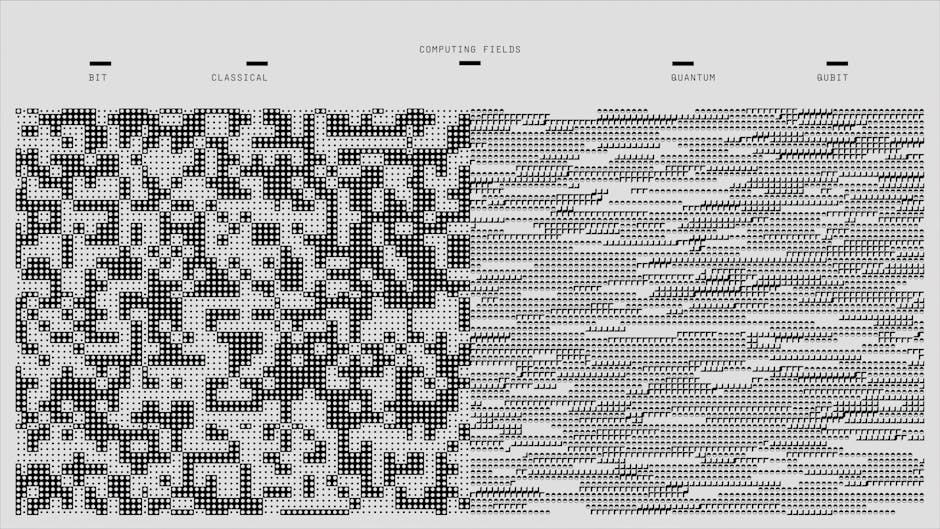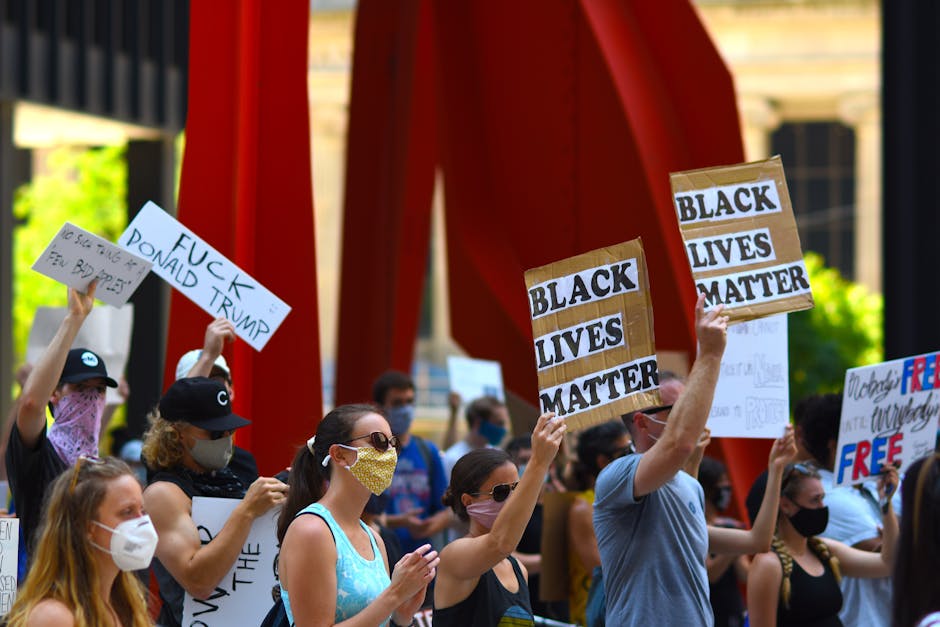A Titan of Indian Storytelling Passes Away
The world of Indian advertising has lost its North Star. Piyush Pandey, the legendary adman, former Chairman of Ogilvy India, and a Padma Shri awardee, has passed away at the age of 70. A pall of gloom descends over the creative industry as we mourn the passing of a titan who gave a voice to a billion Indian dreams, leaving behind a void that can never be filled.
To call Piyush Pandey an advertiser is an understatement of colossal proportions. He was not merely a creator of commercials; he was a cultural anthropologist, a poet of the 30-second spot, and the undisputed architect of modern Indian advertising. He didn’t just sell products; he wove them into the very fabric of our lives with stories that resonated from the boardrooms of Mumbai to the gullies of Meerut.
The Man Who Gave Indian Advertising Its Voice
Before Pandey’s revolution, Indian advertising was often a pale imitation of its Western counterparts. It spoke a language that felt foreign. Then came Piyush, a man from Jaipur with a walrus moustache and an unparalleled understanding of the Indian heartland. He threw out the rulebook and replaced it with an album of Indian family photos, folk tales, and everyday humour. He made Hindi cool, celebrated our quirks, and found poetry in the mundane.
A Legacy of Unforgettable Campaigns
His body of work is a masterclass in authentic communication that captured the nation’s heart. Some of his most iconic work includes:
- Cadbury’s “Kuch Khaas Hai”: The image of a young woman dancing with uninhibited joy on a cricket pitch didn’t just sell chocolate; it celebrated the liberation of the Indian woman.
- Fevicol: The simple, wordless genius of the Fevicol commercials – from the overloaded bus to the unbreakable egg – became a part of our national lexicon. “Fevicol ka jod” is more than a slogan; it’s a proverb.
- Asian Paints’ “Har Ghar Kuch Kehta Hai”: This campaign touched the soul of every Indian homeowner, connecting emotionally with the idea of a home.
- “Mile Sur Mera Tumhara”: The iconic national integration film, which he penned, remains a powerful symbol of unity in diversity.
Beyond Commercials: Shaping National Narratives
His influence extended beyond consumer goods. In 2014, Pandey demonstrated his Midas touch in the political arena, coining the defining slogan “Abki Baar Modi Sarkar” and crafting the narrative for the Bharatiya Janata Party’s landslide victory. It was a testament to his ability to feel the pulse of the nation and articulate it with stunning clarity.
A former cricketer, Pandey brought a sportsman’s spirit to Ogilvy, an agency he served for decades, building it into a creative powerhouse. He mentored a generation of writers and filmmakers, instilling in them his core philosophy: keep it simple, keep it real.
The Padma Shri in 2016 was a fitting national honour for a man whose work was a celebration of India itself. His legacy is not just in the Cannes Lions and industry awards that lined his shelves, but in the collective memory of a nation. Today, the storyteller has fallen silent, but his stories will continue to play in our hearts forever.




